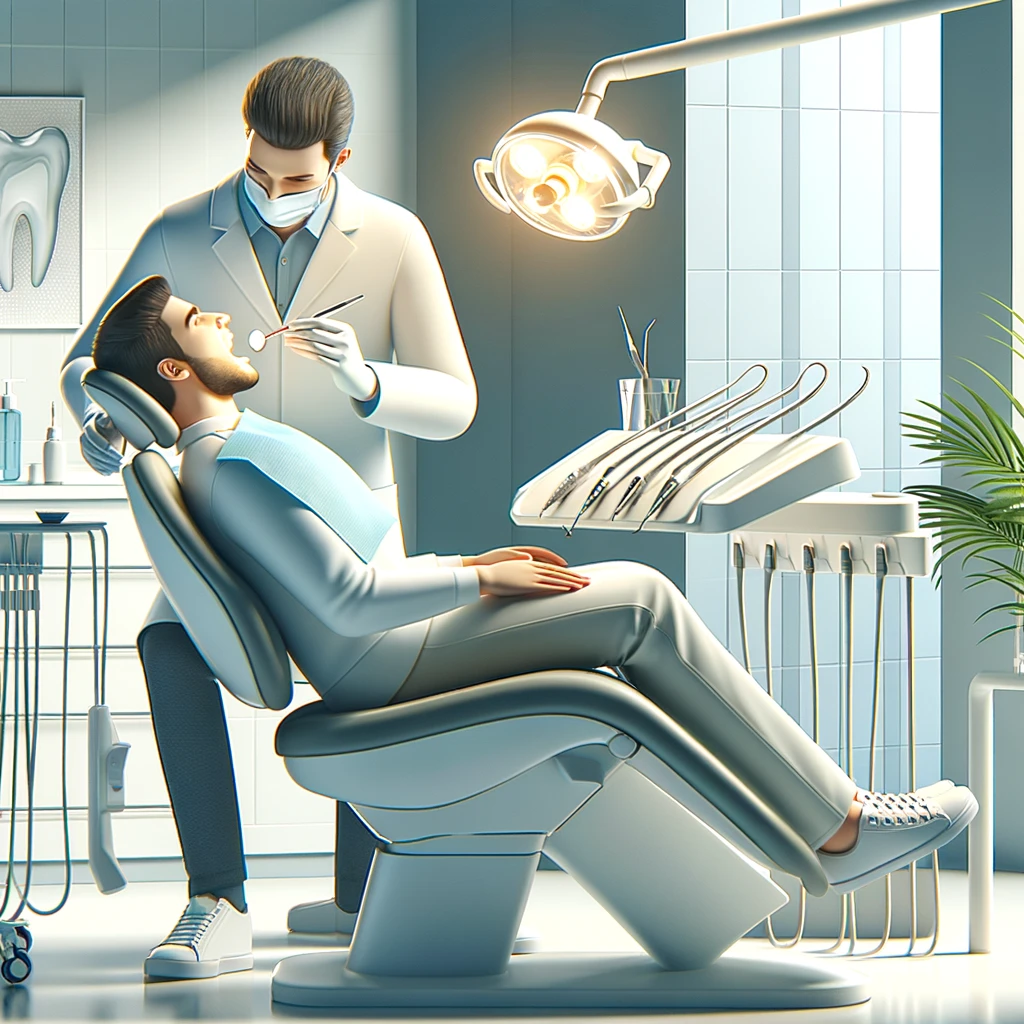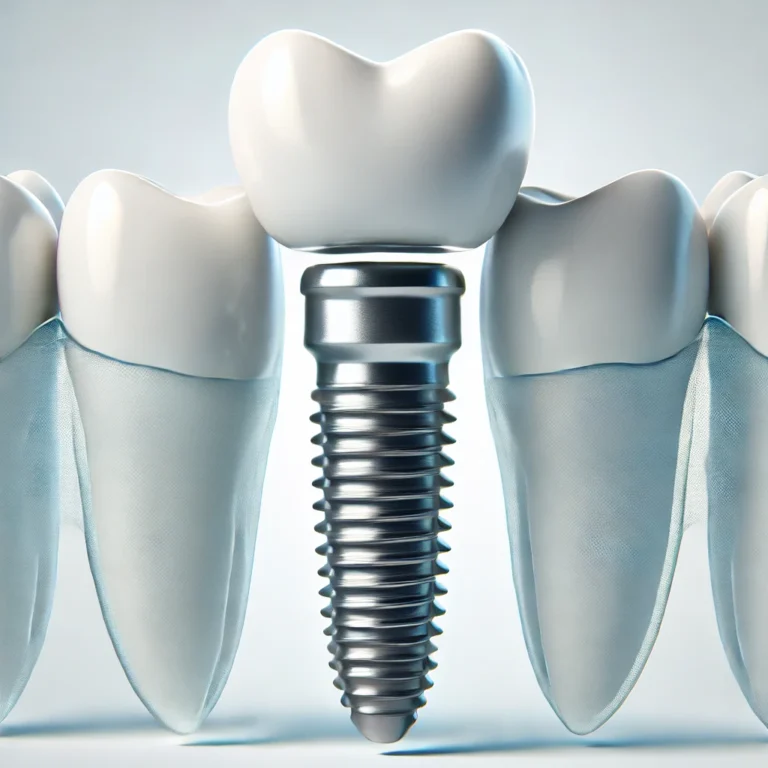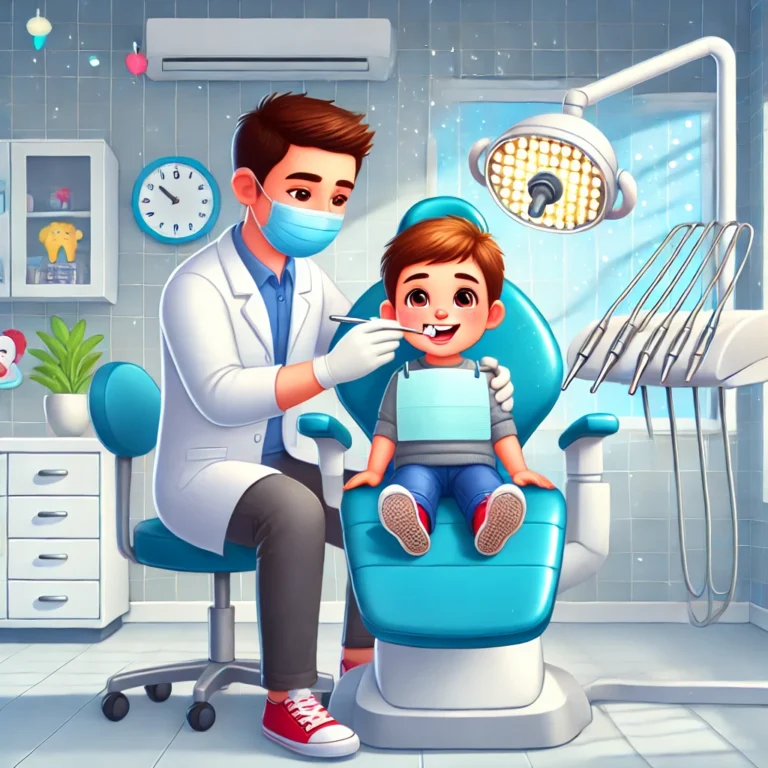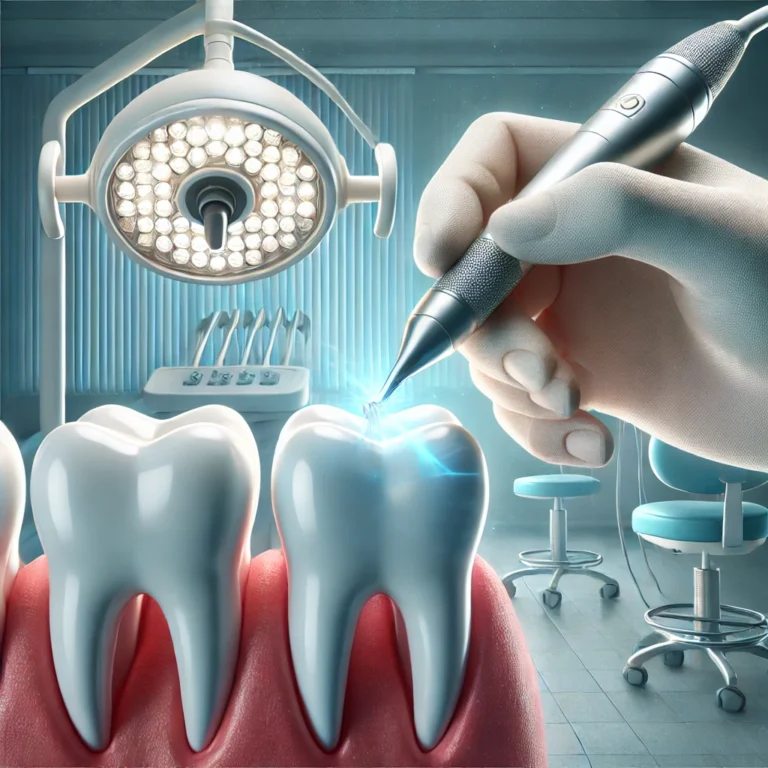
Regular dental checkups are more than just an opportunity for a teeth cleaning. They’re a key part of maintaining good oral health and can even help identify serious health issues before they become major problems. Yet, many people overlook the importance of these routine visits, not realizing the far-reaching impact they have on overall well-being.
This article explores why dental checkups are so essential, breaking down the benefits they provide and the potential risks of skipping them.
What Happens During a Dental Checkup?
A routine dental checkup is about more than polishing your teeth. It’s a comprehensive assessment of your oral health designed to detect and prevent problems early.
Key Components of a Dental Checkup
- Professional Cleaning: Removes plaque and tartar buildup, which regular brushing and flossing may miss.
- Oral Examination: Your dentist looks for cavities, gum disease, and other potential issues.
- Oral Cancer Screening: Early detection of oral cancer increases the chances of successful treatment.
- X-Rays (if needed): Helps uncover hidden problems such as tooth decay between teeth, bone loss, or impacted teeth.
Each component works together to protect your oral health and identify issues before they require more extensive treatment.
Preventing Tooth Decay and Gum Disease
Two of the most common oral health problems—cavities and gum disease—can often be avoided through regular checkups.
Tooth Decay
Even with good oral hygiene habits, plaque and tartar can accumulate in hard-to-reach places. When left untreated, these deposits can erode tooth enamel and lead to cavities. Professional cleanings during checkups ensure these harmful buildups are removed.
Gum Disease
Gum disease starts as gingivitis, a mild form of gum inflammation that can escalate into periodontitis if untreated. Periodontitis can cause gum recession, bone loss, and even tooth loss. Regular dental visits allow your dentist to catch gum disease in its early stages and provide treatments to prevent further damage.
Early Detection of Serious Conditions
One of the most critical aspects of regular dental checkups is their role in detecting health problems early—often before symptoms appear.
Oral Cancer
Oral cancer often starts as small, painless spots or sores that may go unnoticed. Dentists are trained to spot these early warning signs during routine exams, giving patients the best chance for effective treatment.
Tooth and Jaw Issues
Dentists can detect problems such as misaligned teeth, grinding, or TMJ disorders during checkups. Addressing these issues early can prevent chronic discomfort or more invasive treatments later.
Hidden Decay or Infections
X-rays taken during checkups can reveal cavities between teeth, infections in the roots, or other issues not visible during a physical exam.
The Link Between Oral Health and Overall Health
Your mouth can provide clues about your overall health, and dentists are often the first to spot signs of systemic issues.
Heart Disease and Stroke
Studies show a connection between gum disease and cardiovascular problems. The inflammation caused by gum disease may contribute to heart disease and stroke. Keeping your gums healthy reduces this risk.
Diabetes
Diabetes and oral health are closely linked. Gum disease can make it harder to control blood sugar levels, and high blood sugar levels can exacerbate gum problems. Regular dental care helps manage both conditions.
Pregnancy Complications
Pregnant women with gum disease are at a higher risk for complications like preterm birth or low birth weight. Dental checkups during pregnancy are essential for protecting both the mother and baby.
Saving Money with Preventive Care
Skipping regular dental visits might seem like a way to save money, but it often leads to higher costs down the road. Treating advanced dental issues, such as root canals or gum surgery, is far more expensive than preventive care. Investing in regular checkups helps you avoid these costly treatments and maintain better oral health.
Overcoming Common Barriers
Despite the importance of routine visits, many people avoid the dentist for various reasons.
Fear or Anxiety
Dental anxiety is common, but modern dental practices offer solutions like sedation dentistry and gentle care techniques to help patients feel more comfortable.
Cost Concerns
Many dental insurance plans cover routine checkups and cleanings, making preventive care more affordable. Even without insurance, most dentists offer payment plans or discounts for regular patients.
Busy Schedules
Finding time for a dental appointment can be challenging, but many practices offer evening and weekend hours to accommodate patients’ schedules.
Making the Most of Your Checkups
To get the most value out of your dental visits:
- Communicate Clearly: Let your dentist know about any concerns or changes in your health.
- Follow Recommendations: If your dentist advises additional treatments or changes to your oral hygiene routine, take their advice seriously.
- Stay Consistent: Schedule checkups every six months or as recommended to maintain optimal oral health.
Conclusion
Regular dental checkups are an essential part of staying healthy. They help prevent cavities and gum disease, detect serious health problems early, and even provide insights into your overall well-being.
By prioritizing routine visits, you can protect your teeth, improve your overall health, and avoid costly dental treatments in the future. If it’s been a while since your last checkup, now is the perfect time to schedule an appointment. Your future self—and your smile—will thank you.



